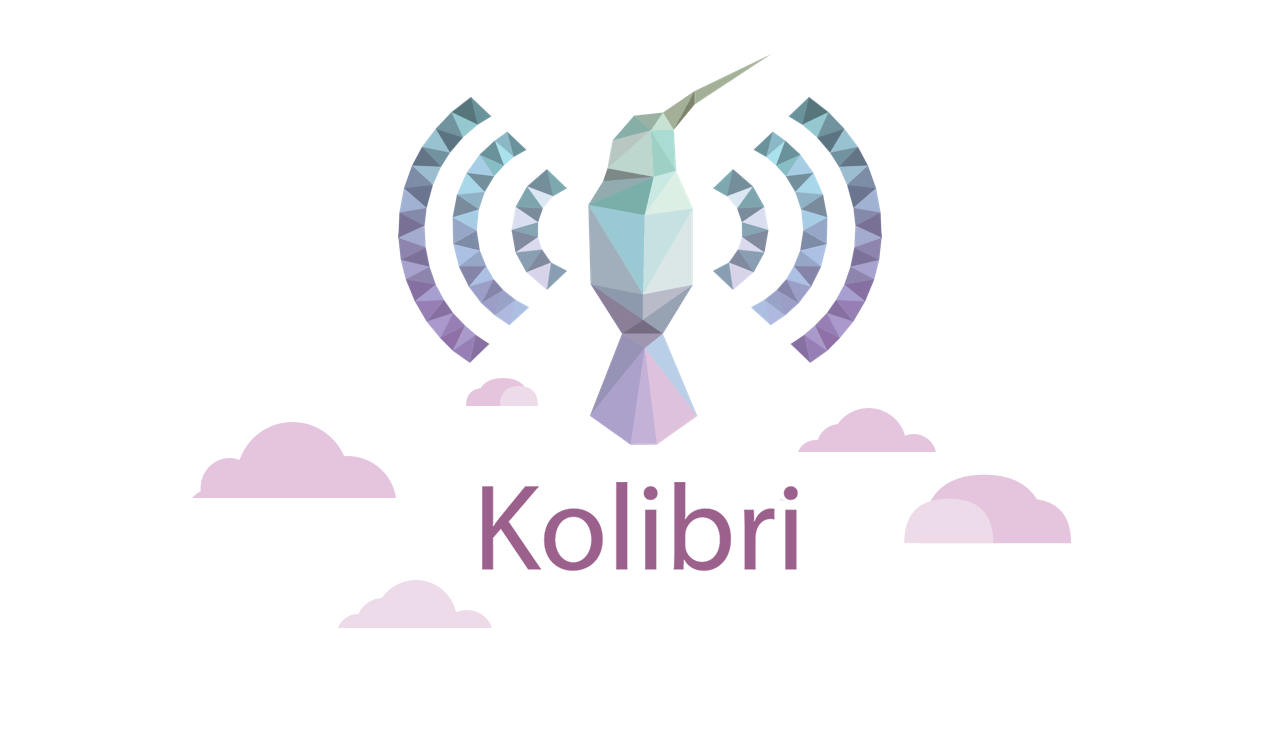KA Lite Documentation¶
Warning
KA Lite is no longer under active development
Our focus is now on our new learning platform, Kolibri. If you’re just getting started, we highly recommend using Kolibri instead of KA Lite because it supports more content and will receive regular updates, and more ongoing support.

New users can experience Khan Academy and much more with Kolibri!
Welcome to the KA Lite Documentation page! Here, you will find all the information needed to set up the KA Lite software. Additionally, there’s information on how to manage KA Lite and how to perform role-specific tasks. If you have any questions that are not addressed by the documentation and you have access to the Internet, please be sure to check our Forums!
Main sections¶
About KA Lite¶
Khan Academy’s core mission is to “provide a free world-class education for anyone anywhere”, and as over 60% of the world’s population is without access to the internet, primarily in the developing world, providing an alternative delivery mechanism for Khan Academy content is key to fulfilling this mission.
KA Lite is a lightweight Django web app for serving core Khan Academy content (videos and exercises) from a local server, with points and progress-tracking, without needing internet connectivity.
Translations¶
KA Lite is released in many languages, each with its own subset of Khan Academy contents translated: Polish, Georgian, German, Spanish, Xhosa, Indonesian, Burmese, Swahili, Tamil, Hindi, Portuguese (Brazilian and Portuguese), Bulgarian, Danish, Arabic, Bengali, Kannada, and French. See Adding Languages.
Documentation: This documentation is also available in French (PDF).
Get involved!¶
- Learn how you can contribute code on our KA Lite GitHub Wiki
- Report bugs by creating issues
- Read more about the project’s motivation at Introducing KA Lite, an offline version of Khan Academy.
Connect¶
- Community forums: community.learningequality.org
- IRC: #kalite on Freenode
- Twitter: @ka_lite
- Mailing list: dev@learningequality.org on Google Groups
Contact Us¶
Tell us about your project and experiences!
- Email: info@learningequality.org
- Add your project to the map: https://learningequality.org/ka-lite/map/
License information¶
The KA Lite sourcecode itself is open-source MIT licensed, and the other included software and content is licensed as described in the LICENSE file. Please note that KA Lite is not officially affiliated with, nor maintained by, Khan Academy, but rather makes use of Khan Academy’s open API and Creative Commons content, which may only be used for non-commercial purposes.